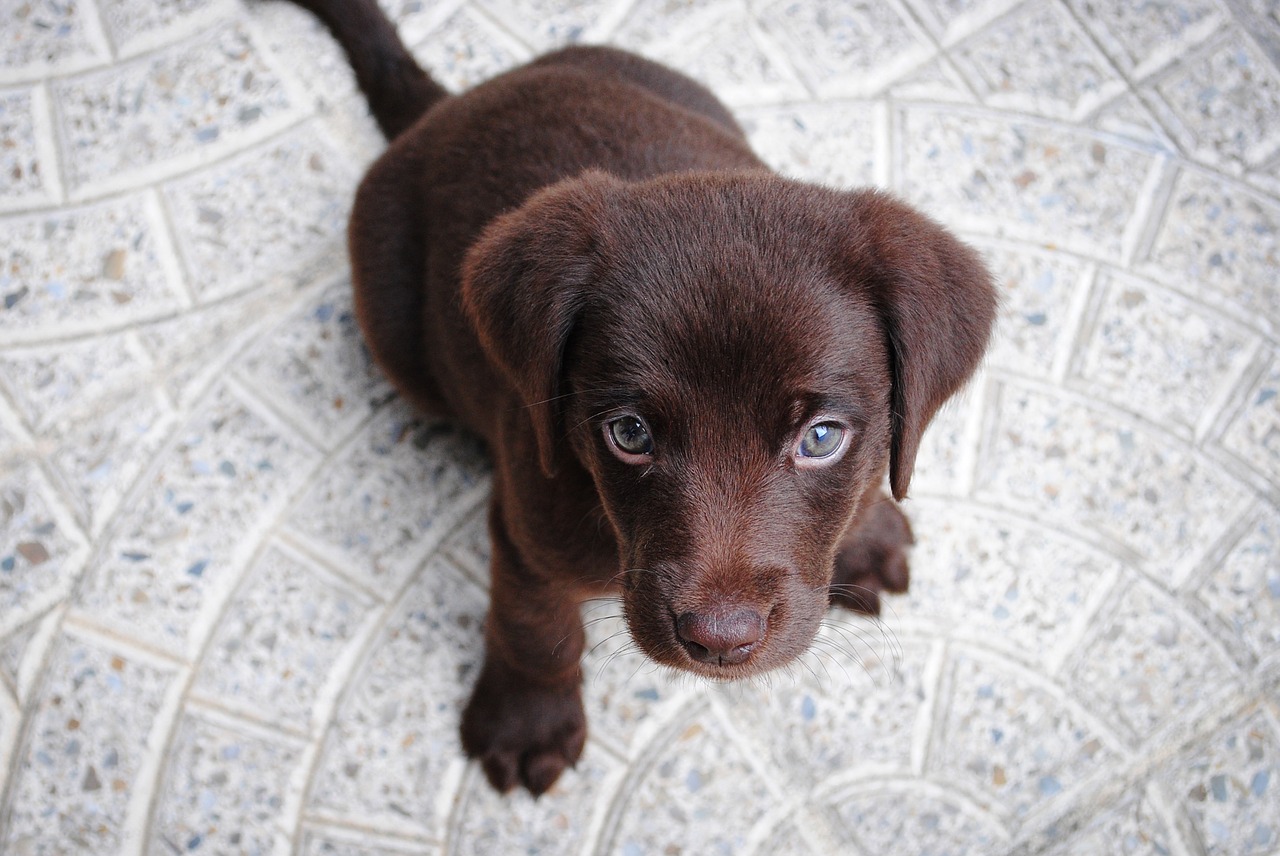There are many tips and tricks for puppy training a puppy. These tips are best used while teaching your puppy how to become trained.
Here are the best tips and tricks for puppy training.
Table of Contents
Tips and tricks for puppy training
1.) Choose your puppy’s name wisely and stick to it
You have to choose a good and suitable name for your puppy so they would know what they are called. For training purposes, it is best to use a name that is short and with a strong ending such as Jack or Sam.
Remember this is the name that your puppy will associate with themselves.
2.) Teach your puppy to come to you when they are called
By repeating your puppy’s name many times to your puppy, you teach them what they are named. Repeat it with a command like “come” and see what they do.
When they do come, reward them by giving out treats and praise.
Also by making your puppy come to you, you are reinforcing your alpha status in which your puppy will learn to listen to you for everything.
3.) Be calm
Stay calm when you teach your puppy new behaviors. Don’t lose your temper or patience as your puppy will become afraid of you.
They will also not understand what you are saying when you shout and rush them.
3.) Choose rules for your puppy
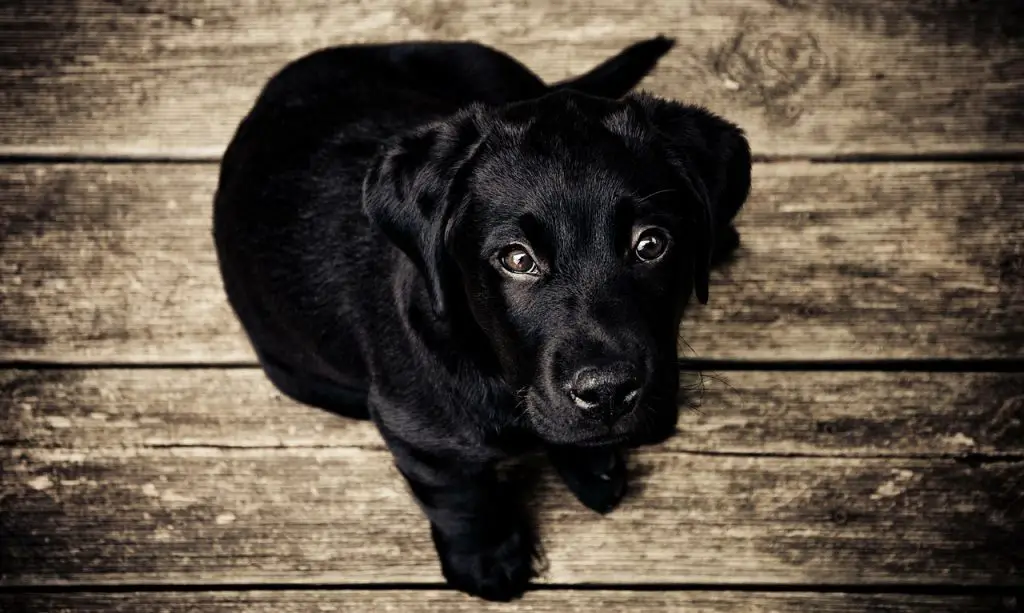
Decide on what your puppy is allowed to do and not to do. Are they allowed to sit on the furniture or bed? Do they only have specific places to be at and others they are not allowed to be at?
Teach them commands like sit, stay, and come and praise them when they do things correctly.
4.) Make a schedule for your puppy
Set up a schedule for your puppy so they know what they are going to do next. Your puppy should have times where they sleep, wake up, eat, and play on a schedule.
For feeding, you should feed your puppy for at least three times a day. As for potty training, they should go out at least seven times a day so that accidents don’t happen.
5.) Provide your puppy with a crate
You can establish training through crate training which will help in teaching a puppy how to potty in the right place.
Puppies will benefit from being left alone at times of sleep and when you are not at home; they will learn how to be independent.
And you can get this Magic Gate Portable Folding SafeGuard, it will keep your pets away from dangerous areas.
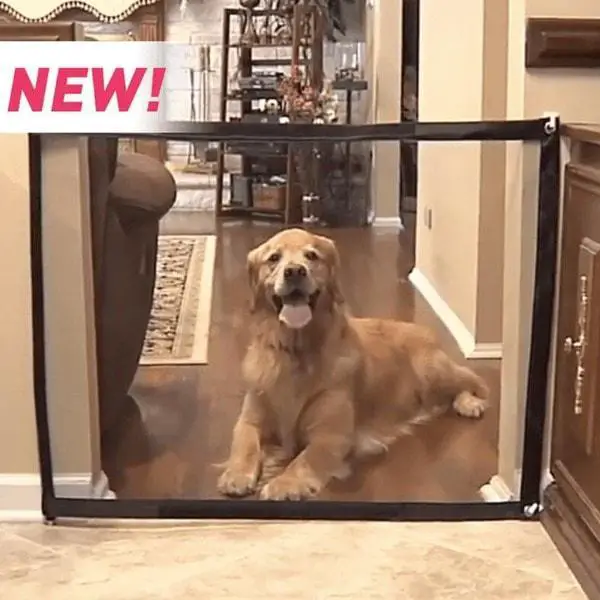
6.) Give your puppy rewards
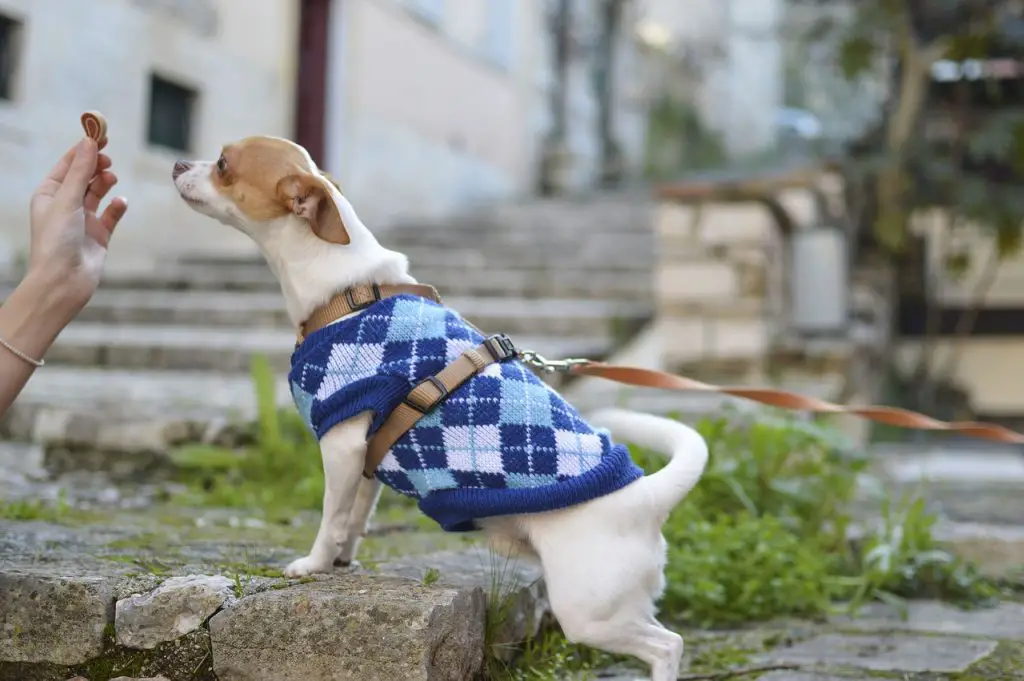
With positive reinforcement, you can reward your puppy for any good behaviors they make by giving them treats, praise, and love.
Remember don’t give your puppy treats for behaviors that make that are bad so you don’t confuse your puppy.
7.) Make them comfortable in your home
Provide them with comfortable bedding with their favorite toys and blankets. Make them comfortable by giving them a calm environment where there is no loud voices so they can feel secured and sleep well.
8.) Repetition
Repeat what you ask your puppy to do. They key in repetition is to be consistent so that your puppy learns effectively what to do in puppy training.
Puppies are like babies ; they don’t have a sense of right and wrong so repetition reinforces the behavior that is suitable for your puppy.
9.) Enroll in classes
Enroll your puppy in obedience and puppy manners classes. These classes are going to teach your puppy how to do certain commands and will change their behaviors.
10.) Don’t say no
Don’t say no to your puppy when your puppy wants something that is bad for them. Instead, distract them with another thing that you wanted them to do.
11.) Start early
You have to start early the training so your puppy learns all that they need to know. The more early it is , the better it is. Puppies are like sponges so they absorb everything that they learn and then apply it.
12.) Avoid things that your dog should not do
Don’t give in into things that your puppy wants to do that can cause harmful effects when they are older and bigger.
An example would be when your puppy jumps on people when greeting them. This can cause problems when they are bigger and they do it.
13.) Determine what motivates your puppy
There are many things that motivate your puppy such as food, treats, playtime, and other things. You have to know what motivates your puppy so you can train them based on it.
14.) Exercise
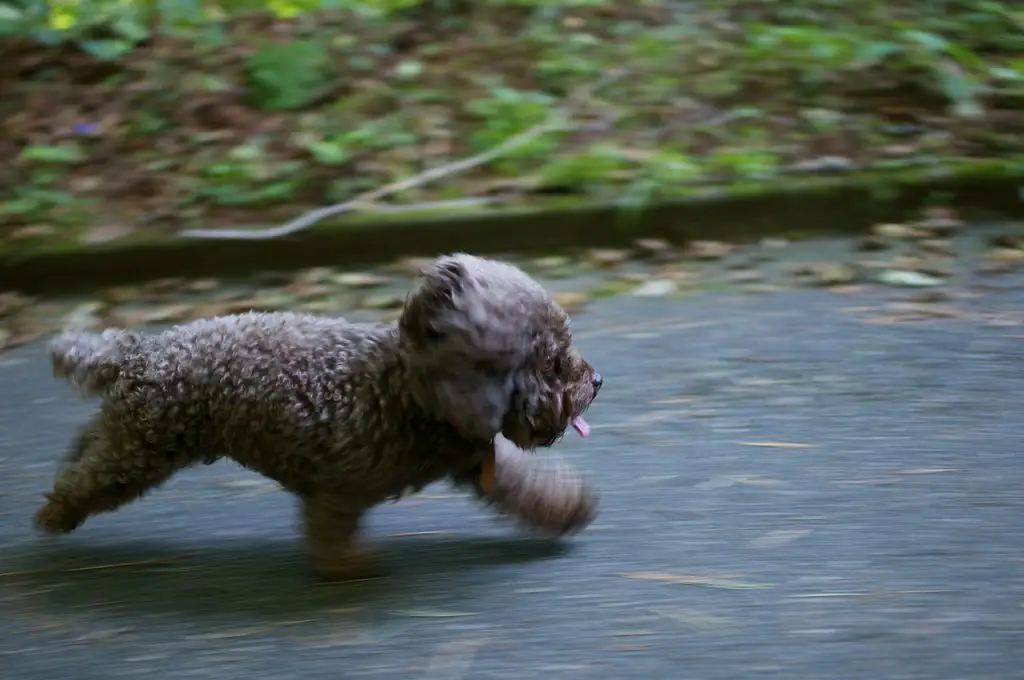
Give your puppy exercise. Exercise is beneficial to their health and will make your puppy tired. When a puppy is tired, they are more likely to be well-behaved.
15.) Train them to stop biting
Buy them a variety of chew toys so that they bite the toys and stop biting other things.
Also enroll your puppy in a socialization class where they will teach them how to socialize with other puppies and they will learn control their bite so they don’t harm other puppies.
16.) Minimize barking in puppies
First, understand the source of barking by carefully examining what type of bark your dog is making. Some of the common reasons for barking are for attention, loneliness, boredom, attention.
Second, you got to make their crate a comfortable place for them to sleep and wait in it.
You can make your puppy get used to the crate through using comfortable bedding, the crate being a good fit, and using positive reinforcement techniques whenever your puppy stays in their crate quietly.
Third, you can tone down demand barking when your puppy plays with other dogs or you by ending the game when they bark.
An example would be if your puppy barks while they are playing, stop playing with them and then after a few seconds go to them and ask them a command like “sit”.
You are teaching them that barking is unacceptable in puppy training.
17.) Teach your puppy to potty train
You could use techniques like putting a bell on the door for your puppy to ring when they want to go potty. Use positive reinforcement when your puppy does a job well done.
Don’t scold or get angry when they make accidents. For the first month, carry your puppy to the grass to eliminate because they are too young to understand what to do.
Make sure your puppy learns how to potty in leash and off leash.
Conclusion
In conclusion, there are puppy training tips that are useful for puppy so they can become trained effectively. These tips are important to follow and know when training your puppy.
For more information regarding a guide to puppy training, check Puppy Training: What You Need to Know.

